In the quest for optimal health and wellness, many individuals are turning to alternative dietary approaches that promise not only weight loss but also holistic well-being. One such approach that has gained significant attention is the Dr. Sebi Nutritional Guide. But what is the Dr. Sebi Nutritional Guide? A Beginner’s Roadmap to Alkaline Wellness aims to unravel this intriguing dietary philosophy and explore its potential benefits.
Understanding the Dr. Sebi Nutritional Guide
The Dr. Sebi Nutritional Guide is a plant-based dietary regimen developed by the late Dr. Sebi, a Honduran herbalist and natural healer. This guide emphasizes consuming natural, alkaline foods to maintain the body's optimal pH balance, which Dr. Sebi taught that it could prevent and even reverse disease. The core principle of this guide is that an alkaline environment in the body discourages the growth of disease-causing organisms.
The Alkaline Diet: A Brief Overview
The alkaline diet, which forms the foundation of the Dr. Sebi Nutritional Guide, is based on the idea that certain foods can affect the acidity or alkalinity (pH level) of the body. The diet encourages the consumption of alkaline-forming foods while avoiding acidic foods. Proponents of the alkaline diet suggest that maintaining a slightly alkaline pH can improve health outcomes.
Key Components of the Dr. Sebi Nutritional Guide
Alkaline Foods
The Dr. Sebi Nutritional Guide emphasizes the consumption of specific alkaline foods, which are believed to support the body's natural healing processes. These include:
-
Fruits: Berries, apples, bananas, and melons
-
Vegetables: Leafy greens, squash, and bell peppers
-
Ancient Grains: Quinoa, amaranth, and wild rice
-
Nuts and Seeds: Walnuts, hemp seeds, and sesame seeds
-
Herbs and Spices: Basil, oregano, and cayenne pepper
Foods to Avoid
To adhere to the Dr. Sebi Nutritional Guide, certain foods should be avoided, as they are considered acidic, hybrid, and detrimental to health. These include:
-
Processed Foods: Refined sugars, artificial sweeteners, and preservatives
-
Animal Products: Meat, dairy, and eggs
-
Wheat and Soy Products: Wheat-based bread, pasta, and soy-based foods
-
Alcohol and Caffeine: Coffee, some teas, and alcoholic beverages
The Science Behind Alkaline Diets
While Dr. Sebi's Nutritional Guide is popular among its followers, it's important to examine the scientific evidence behind alkaline diets. According to a study published in the *Journal of Environmental and Public Health*, the body maintains a tightly regulated pH balance, and diet has a limited impact on blood pH levels (Schwalfenberg, 2012). However, consuming a diet rich in fruits and vegetables is associated with numerous health benefits, including reduced risk of chronic diseases (NIH, 2020).
Common Benefits
-
Improved Digestion: A diet high in fiber from fruits and vegetables can promote healthy digestion.
-
Weight Management: Plant-based diets are often lower in calories, aiding in weight control.
-
Reduced Inflammation: Some studies suggest that plant-based diets may reduce inflammation markers in the body (PubMed, 2019).
[related product]
Dr. Sebi & the Nutritional Guide
Dr. Sebi's approach to wellness is deeply rooted in the belief that natural, plant-based foods can restore the body's natural balance and promote healing. He advocated for a return to nature, emphasizing the importance of consuming foods that are as close to their natural state as possible. Dr. Sebi believed that by following his nutritional guide, individuals could achieve a state of alkaline wellness, which he taught could prevent and even reverse diseases.
Dr. Sebi's Holistic Perspective
-
Natural Healing: Dr. Sebi emphasized the body's ability to heal itself when provided with the right nutrients.
-
Herbal Remedies: He often recommended herbal supplements to complement the diet and support overall health, boosting detoxification.
-
Mind-Body Connection: Dr. Sebi believed that mental and emotional well-being were integral to physical health.
How to Get Started with the Dr. Sebi Nutritional Guide
For those interested in exploring the Dr. Sebi Nutritional Guide, here are some practical steps to get started:
1. Educate Yourself: Learn about the foods included in the guide and their health benefits.
2. Plan Your Meals: Create a meal plan that incorporates a variety of alkaline foods.
3. Gradual Transition: Start by gradually eliminating acidic foods and replacing them with alkaline options.
4. Stay Hydrated: Drink plenty of spring water to support the body's natural detoxification processes.
5. Listen to Your Body: Pay attention to how your body responds to dietary changes and adjust accordingly.
Final Thoughts
The Dr. Sebi Nutritional Guide offers a unique approach to health and wellness, focusing on the consumption of alkaline foods to promote balance and healing. The emphasis on a plant-based diet aligns with many health recommendations. As with any dietary change, it's important to consult with a healthcare professional to ensure it meets your individual needs. Whether you're seeking to improve your overall health or explore new dietary philosophies, the Dr. Sebi Nutritional Guide may offer a pathway to discovering the benefits of alkaline wellness.
References
-
Schwalfenberg, G. K. (2012). The Alkaline Diet: Is There Evidence That an Alkaline pH Diet Benefits Health? *Journal of Environmental and Public Health*. [Link](https://www.ncbi.nlm.nih.gov/pmc/articles/PMC3195546/)
-
National Institutes of Health (NIH). (2020). Dietary Guidelines for Americans. [Link](https://www.dietaryguidelines.gov/)
-
PubMed. (2019). Plant-Based Diets and Inflammation. [Link](https://pubmed.ncbi.nlm.nih.gov/)
By understanding what is the Dr. Sebi Nutritional Guide, a beginner’s roadmap to alkaline wellness can be a valuable tool in your journey towards a healthier lifestyle.


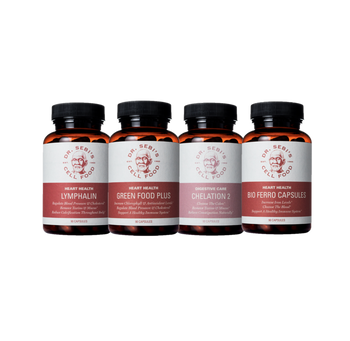
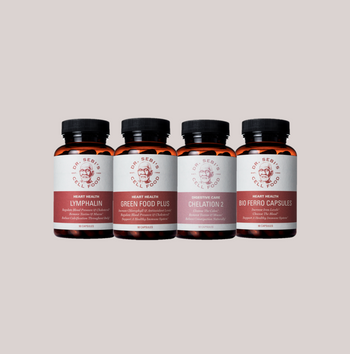
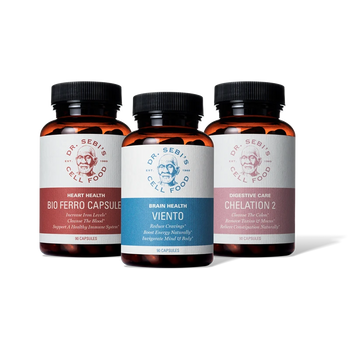





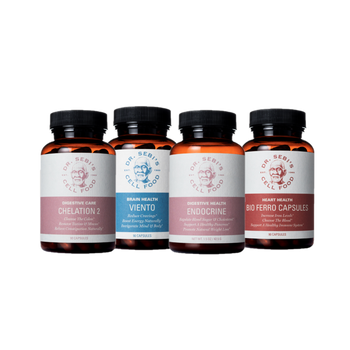


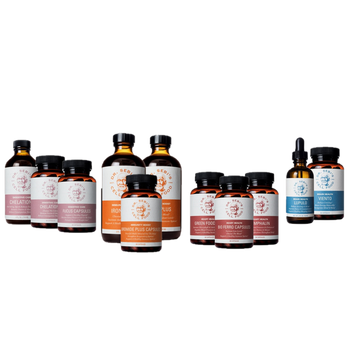


















































1 comment
My partner has autoimmune diseases diabetes cyst on one of his kidneys and the constantly high diabetes is affecting his pancreas